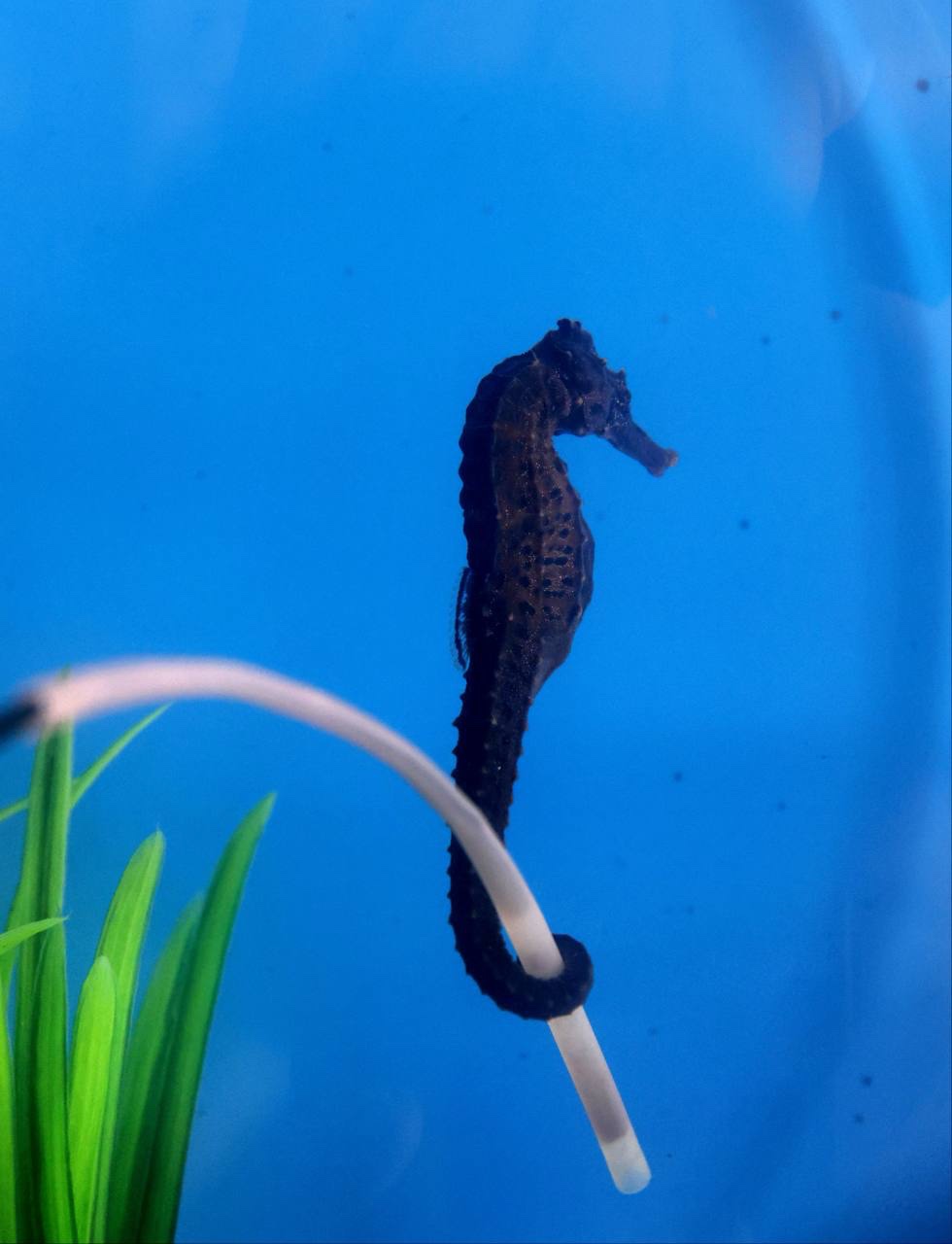An Agreement of Cooperation was signed on December 3, 2024 between the Primorsky Aquarium–Branch of the A.V. Zhirmunsky National Scientific Center of Marine Biology, Far Eastern Branch, Russian Academy of Sciences (Primorsky Aquarium–Branch of the NSCMB FEB RAS) and the Far Eastern Geological Institute, Far Eastern Branch, Russian Academy of Sciences (FEGI FEB RAS).
“This is an important event for both sides,” said Olga Shevchenko, Director of the Primorsky Aquarium. “The unified resources of two institutions will stimulate the development of both basic and applied research in paleontology and paleoclimatology (the study of Earth’s climate history). This will also promote communicating science to the public of the Russian Far East and inspire young people to pursue scientific careers. The Agreement specifies conducting joint research, scientific conferences, workshops, tours, seminars and exhibitions, as well as carrying out the exchange of scientific data and museum pieces.”
The grounds of the Primorsky Aquarium are perfect for paleontological exploration. There are many pre-historic deposits on the Zhitkov Peninsula, where the Aquarium is situated. They date back to the Lower and Middle Triassic, more than 250 million years ago. Some fossils found on this coast will be displayed in the paleontological pavilion of the Primorsky Aquarium, which is to be opened next year. They can be important items for the researchers of FEGI to study and for school and university students to learn from.

The first exhibit of the Primorsky Aquarium is Evolution of Life in the Ocean. Many visitors are amazed at the sight of the animals that lived on the planet hundreds of millions years ago. But the visitors get even more astonished when they learn that the similar animals lived right under their feet, when this area was covered by the sea. The fossilized remains of trilobites, ichthyosaurs and other organisms may be found around the Aquarium buildings and along the nearby coast.
“The specimens from Russky Island displayed at the Primorsky Aquarium were mainly discovered in collaboration with FEGI experts,” told us Dmitry Pitruk, Assistant Director for Biology, Primorsky Aquarium. “If this work is boosted, our paleontological collection will grow and enhance its scientific significance. And our exhibits will be even more attractive for visitors.”
As FEGI experts said, their cooperation with the Primorsky Aquarium will help to integrate the scientific knowledge and experience of both institutions into exploring the key processes in geological history and biological evolution on the Earth.





